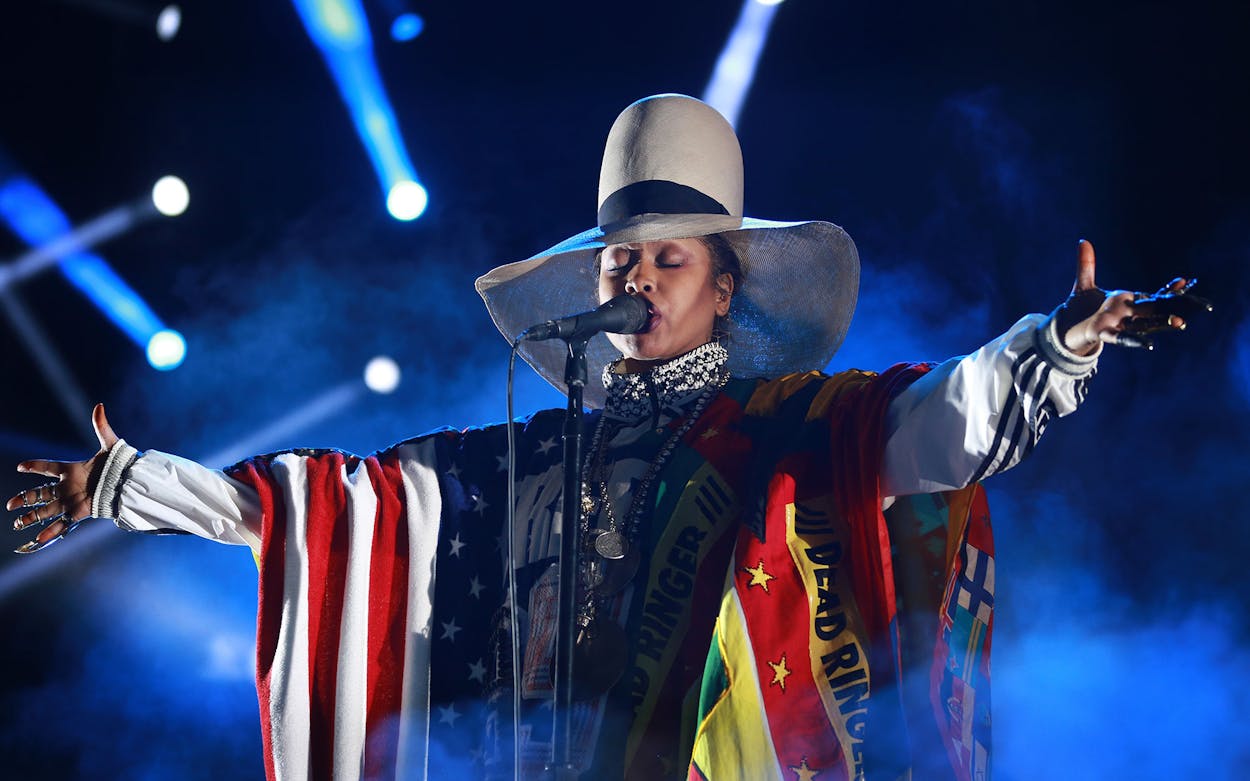In mid-September, the namesake statue at the heart of Dallas’s Robert E. Lee Park was removed. The statue of Lee was erected in 1936 and dedicated by FDR, who praised the Confederate general as “one of the greatest American Christians and one of our greatest American gentlemen” at the unveiling. That may have been a mainstream opinion 81 years ago, but more than a century later, as violence surrounding the Confederacy continues to reverberate throughout the nation in places like Charlottesville and Charleston, local municipalities like Dallas have begun removing monuments of icons they once celebrated.
But that still leaves the question: What do you call the parks, schools, streets, and other public spaces that once bore their names?
In Dallas, a group of citizens has a novel suggestion. The Dallas Park Board voted last week to temporarily restore the original name of the park—Oak Lawn Park, as it was known until 1936—but its final moniker has yet to be determined. But there’s a proposal on Change.org, which currently has the support of almost 2,000 people, to rename the park in honor of one of Dallas’s favorite daughters: Erykah Badu, the neo-soul icon who smashed onto the scene in the mid-’90s and has since remained consistently relevant.
As an artist, she’s long been an innovator, weaving a earth-mother hippie aesthetic with a seemingly contradictory Afro-futurism. As a musician, she’s proven to be one of the more open-hearted performers of her generation, recording with artists as diverse as the local Dallas group the Cannabinoids (which she assembled), Houston jazz pianist Robert Glasper, Oklahoma freak-rockers The Flaming Lips (though that ended badly), and the Wu Tang Clan. She coined the term “stay woke” in 2008, years before it entered the cultural lexicon. And despite not releasing an official album since 2010, her 2015 mixtape But You Cain’t Use My Phone peaked at number fourteen on the Billboard chart. She’s a born-and-raised Dallasite who attended the city’s Booker T. Washington High School for the Visual And Performing Arts, and went on to earn her international stardom through her talent, dedication, and creativity. And she still calls her hometown home.
That doesn’t necessarily put Badu in the running for a park to be named after her. In this country, we don’t have a particularly rich tradition of christening public spaces with the names of musicians. There’s Louis Armstrong Park in New Orleans, of course, and Jimi Hendrix Park in Seattle was dedicated in 2006. Brooklyn renamed Palmetto Playground as Adam Yauch Park in 2013, a year after the Beastie Boy’s death from cancer. There’s also Duke Ellington Park, a sliver of land in Washington, D.C., and a slightly larger slice in Chicago is dubbed for jazz great Fred Anderson. Diana Ross and Harry Chapin each have playgrounds named after them in New York. And in Canada, Toronto is home to Lee Lifeson Park, named for Rush founders Geddy Lee and Alex Lifeson. At some point, Austin will probably name a park after Willie Nelson, and Minneapolis will probably have its public space ode to Prince. But at 14.1 acres, there are few parks the size of Oak Lawn that honor a contemporary musician like Badu.
But why not? Many parks throughout Texas are named for local figures of lesser renown—politicians, philanthropists, land developers—and there are still more than a half-dozen in Texas named after Confederates or the Confederacy. Badu has been a major presence in Dallas for decades, choosing to make her home and her art in the city even as a figure of international stature.
According to the Dallas Morning News, before the vote to temporarily rename the park last week, Park Board President Bobby Abtahi made some impassioned, almost Leslie Knope-esque statements about the meaning of parks:
Before the Park Board vote, board President Bobby Abtahi said the city’s public parks should be places “where everyone feels welcome, where everyone feels safe and where everyone feels included.” He said the city is already divided into haves and have-nots by its neighborhoods, airlines, sporting events and toll roads and managed lanes.
“The last place in this city, almost, where everyone is equal is a park,” Abtahi said. “And I take it very seriously when certain folks in our city don’t feel welcome in a park or feel that a park name does not make them proud, does not make them feel like they should be there.”
That vision is both aspirational and inspirational. If Abtahi and the Dallas Park Board want parks to represent a Dallas that belongs to everyone, Badu is a pretty good choice to be the namesake. “Oak Lawn Park” is fine as a placeholder, but why not be forward-thinking in who a city like Dallas chooses to honor?








